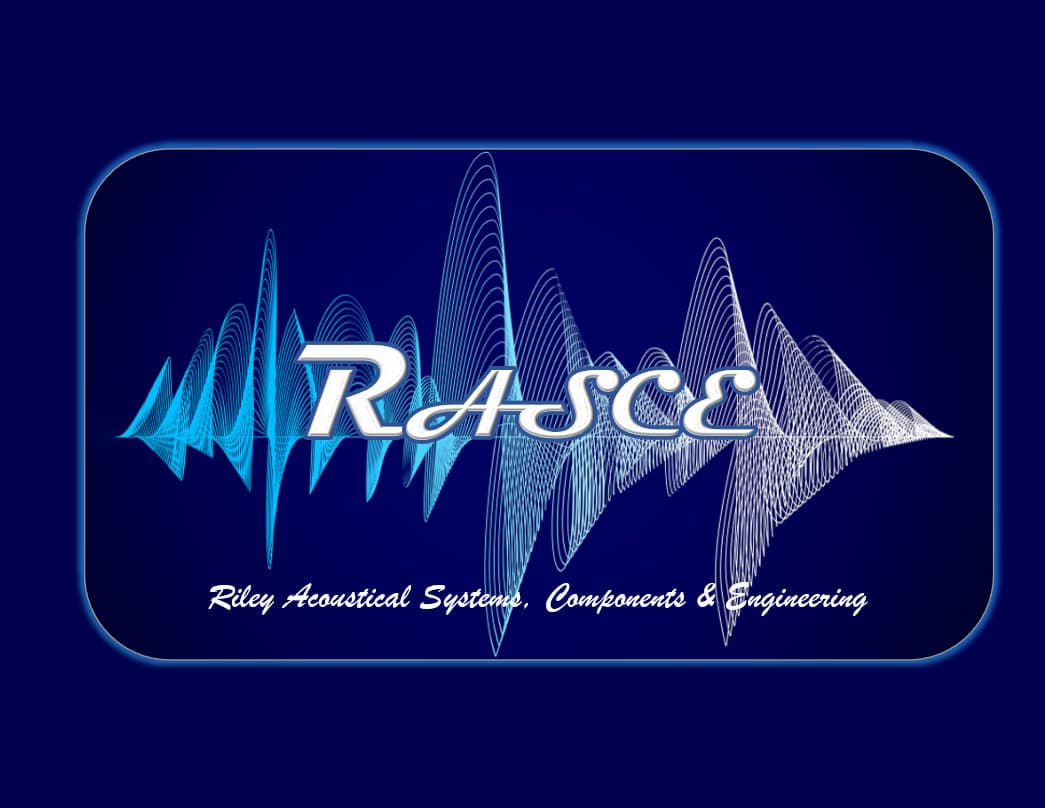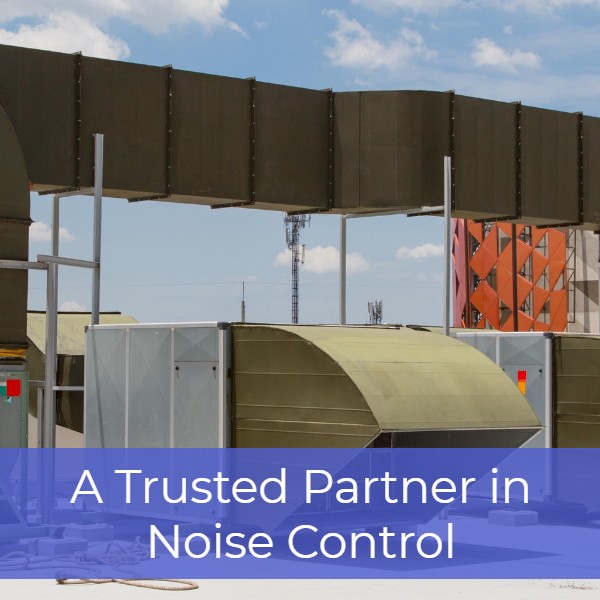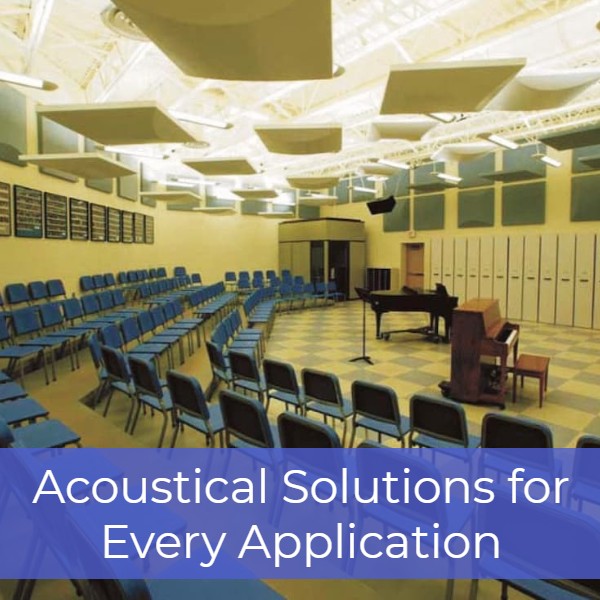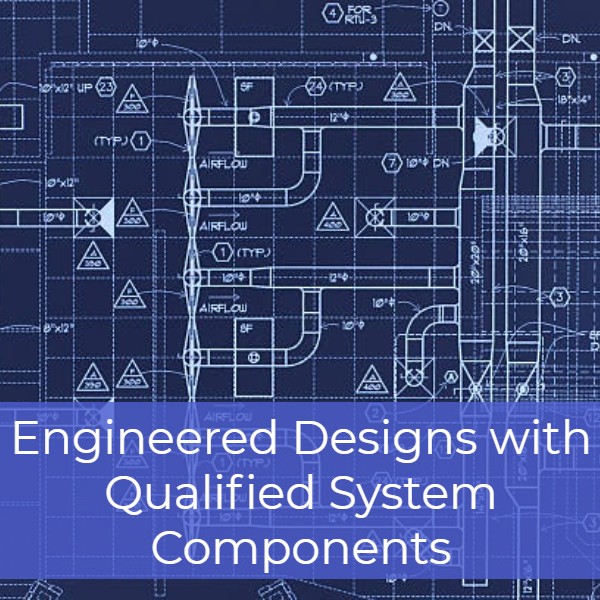Equipment Operational Assessments
Riley Acoustical Systems, Components & Engineering (RASCE)
When your facility has a problem (or multiple problems), you might think you know why — but aren’t sure. That’s a great time to consider engaging a consultant to perform equipment operational assessments. Before being engaged to do one, I’m often asked a lot of questions about this type of independent evaluation, what it entails, and what value it offers. Therefore, I’ve compiled a list of the most frequently asked questions to help you gain a better understanding of the process and the key takeaways your company can expect from an investment in it.
What is an operational assessment?
Equipment operational assessments are an analysis that evaluates an operation’s current processes, equipment, software, systems, layout, personnel, inventory mix, handling practices, and more to identify opportunities for improvement. Some companies, particularly those selling material handling equipment and systems, will offer to perform an assessment for free, in hopes of selling you a solution that will “solve all your problems.” When you hire an independent, brand-agnostic consultant to conduct an operational assessment, you get an unbiased opinion with recommendations for process changes as well as types of solutions, but not for specific equipment.
How is an operational assessment initiated?
Initially, there’s a conversation — usually a phone call, or, in this age of social distancing a video call — between the operations management team and the consultant to discuss the business. Shared information typically includes the type of operation, the market it’s in, the customers it serves, the history of the facility, the evolution of its processes, and the current situation (or problem). From this conversation, the project scope will be defined and agreed upon, and a time and date will be set for an on-site evaluation to be performed by the consultant.
What happens during the on-site evaluation?
Typically, the assessment evaluates only what’s taking place within the four walls of a single facility. Depending on the scope of the operational assessment, the consultant might spend anywhere from one to five days on-site. While there, the consultant will tour the facility, review the current layout and use of space, observe different processes, interview key managers and supervisors, and speak with personnel on the floor for insights into their day-to-day tasks.
What is the final deliverable?
Most consultants provide a written report of recommendations that they personally review with the operations management team. These reports detail the observations and findings, as well as delineate a prioritized list of action items that address the opportunities for improvement identified within the operation. The report outlines a strategy, often suggesting changes initially be made to an existing process or workforce allocation that can make a big difference without requiring a significant capital investment. The report also recommends metrics to monitor in order to measure and quantify the improvements.
Looking for more ideas on how to improve your facility’s operational performance? To learn more about working with RASCE, connect with us.
Get Your Noise Impact Assessment
Reach out to us at RASCE (Riley Acoustical Systems, Components & Engineering) for a free consultation and discover how our expert solutions can help you
Reach Us
Please feel free to contact us, we’d love to help you.
Delaware, Ohio 43015
(740) 816-7418
Fax: (614) 467-3377
rasce0322@gmail.com



